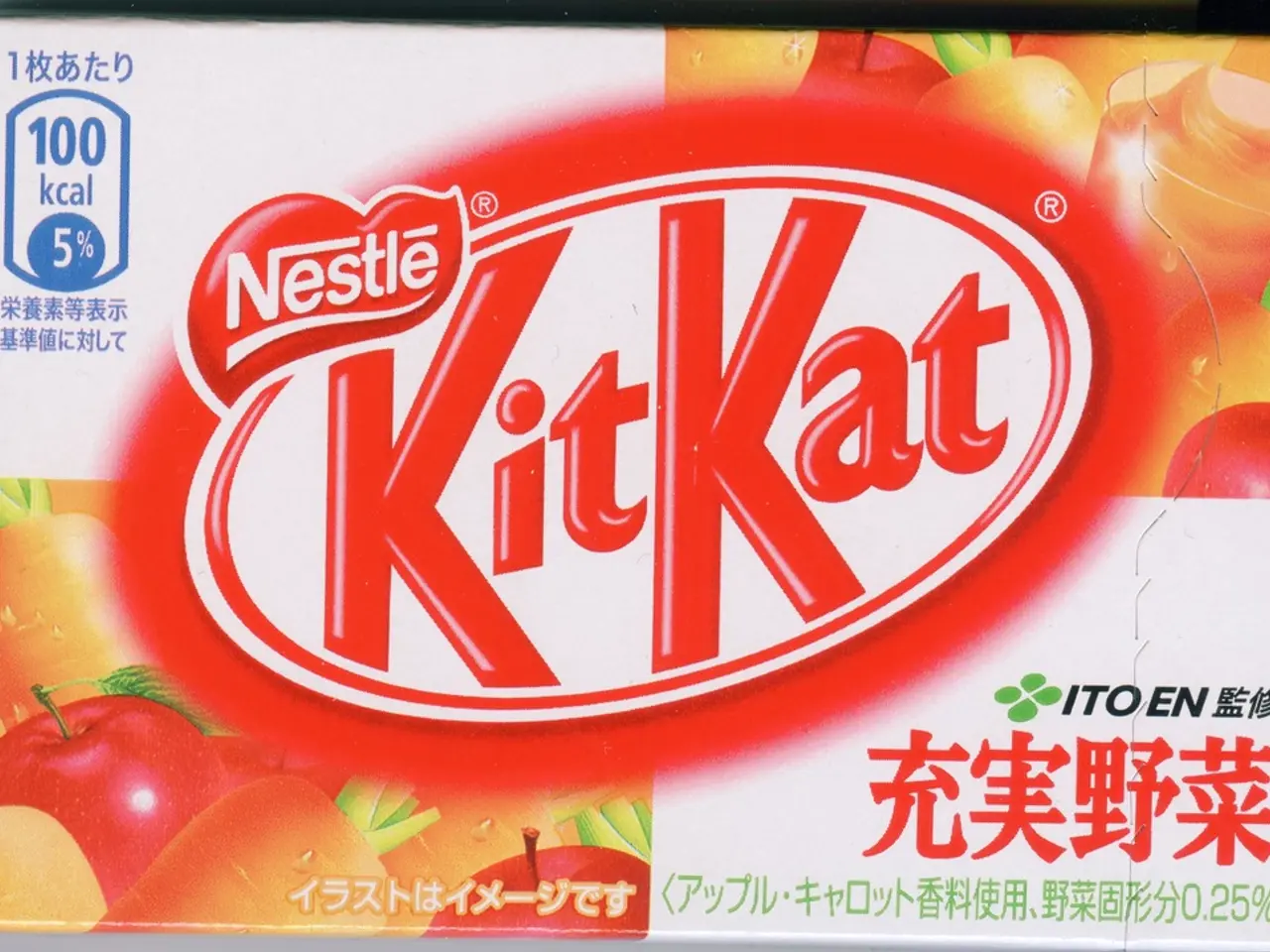Are the Caloric Values Given Consistently Precise?
Going by the book... but reality sits on a sliding scale
Weight loss wars can be grueling, especially when you count every calorie. You gotta be spot on, 'cause diggin' a hole in your diet can lead to a mile-long climb back. But are those calorie numbers on food labels and apps as reliable as a hard-boiled detective's evidence file? Well, let's dive in, shall we?
First off, it's essential to understand that when food is processed, pinpointing its exact caloric content gets tricky. Cue the Food and Drug Administration (FDA), who happily allows a 20% variation in the calorie counts you see on nutrition labels. Yep, you heard that right. So what you see as a 100-calorie snack serving might actually pack 120. And those extra calories? They can add up quicker than you can say "scale tipping."
So why are those calorie counts lopsided? Let's break it down:
- The Factory Human Error (or robot ¯_(ツ)_/¯ ): Broadly, anything involved in packaging can slip up— machines and humans alike. A smidgeon more or less of an ingredient tipped into your box can mess with the whole equation.
- Outdated Info: Manufacturers usually check food's nutritive contents occasionally. But sometimes labels are outdated due to changes in how our food is grown and harvested. Genetic modifications, especially in grains, can shake up the calorie count game.
- Cooking a (calorie) storm: Most people focus on food ingredients when counting calories. However, preparation and cooking methods can drastically alter the final dish, affecting the number of calories you absorb. Don't forget to factor in the cooking oil, too—it's a sneaky calorie-bomber!
- Gut feelings. The microorganisms in your digestive system, your gut microbiome, are unique to you. That affects your ability to digest food, and the way you process food matters. Chronic diseases or their treatments might mess with your calorie absorption, too.
Out of these factors, the best strategy to lose weight without obsessing over every calorie involves techniques like the healthy plate method and intermittent fasting. With the healthy plate method, fill half your plate with non-starchy veggies and divide the remaining half equally between lean protein and healthy starches. Intermittent fasting, on the other hand, restricts your eating window daily, naturally limiting your calorie intake. Just remember to make wise choices during your eating window, titling towards whole and nutritious foods.
Ultimately, remember that staying mindful of your food intake and portion sizes is the name of the game. Whether you track calories or not, keeping a pulse on those crucial aspects will help you conquer that weight loss battle. And hey, no need to sweat the small stuff—not every calorie counts in the grand scheme of things!
- The calorie counts on nutrition labels may not be as accurate as one might assume, given the Factory Human Error, outdated information, variations in cooking methods, and individual differences in digestion.
- To lose weight without obsessing over every calorie, focus on techniques such as the healthy plate method and intermittent fasting, which encourage mindful eating of whole and nutritious foods while keeping a check on portion sizes.
- Despite the potential inaccuracies in calorie counts, staying aware of food intake and portion sizes remains the key to successful weight management, regardless of whether one chooses to track calories or not.







